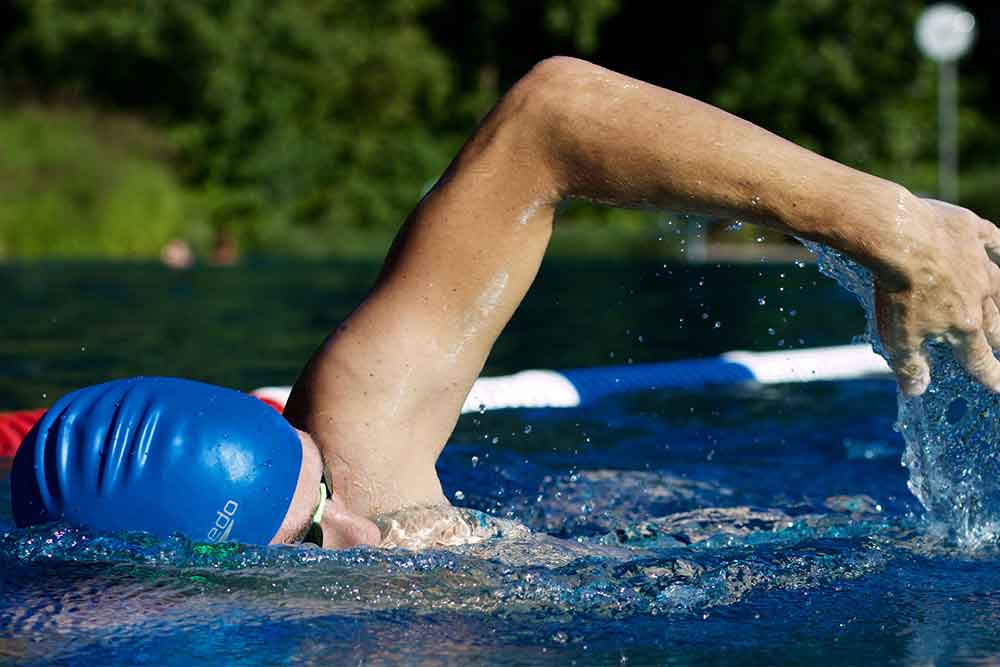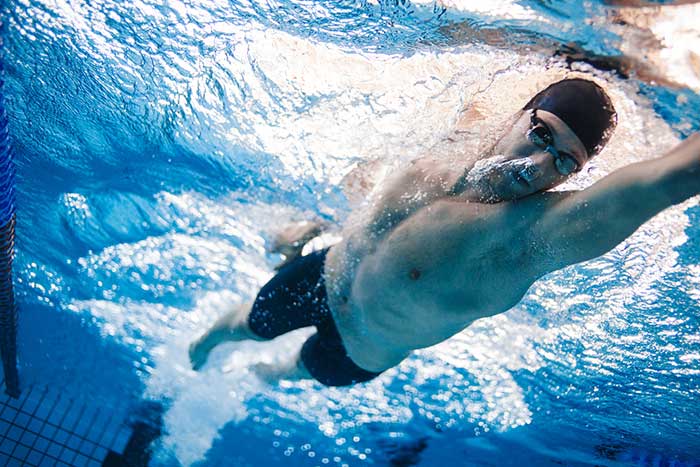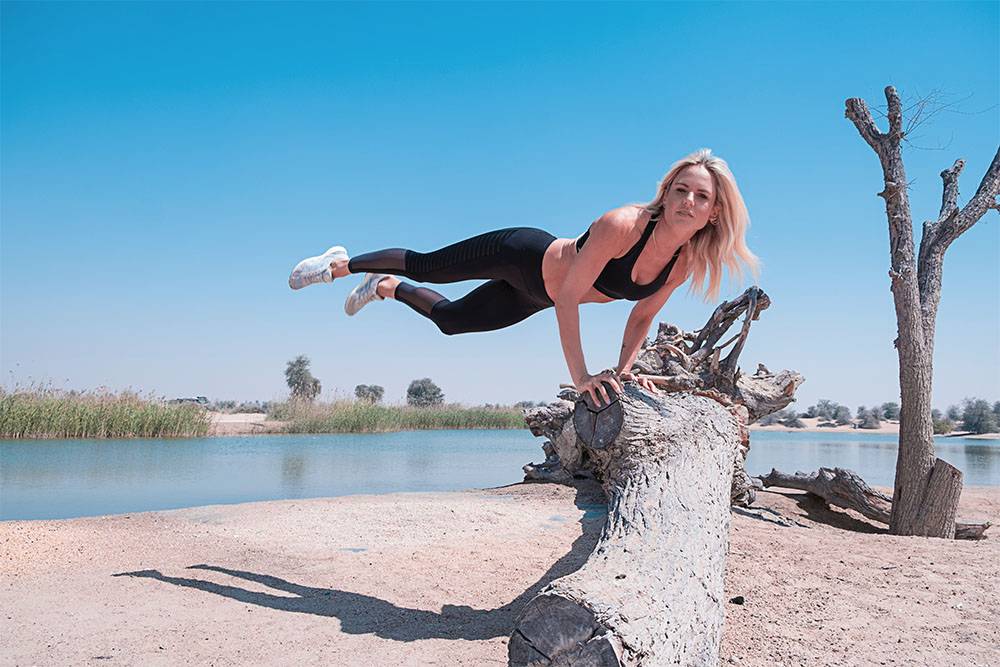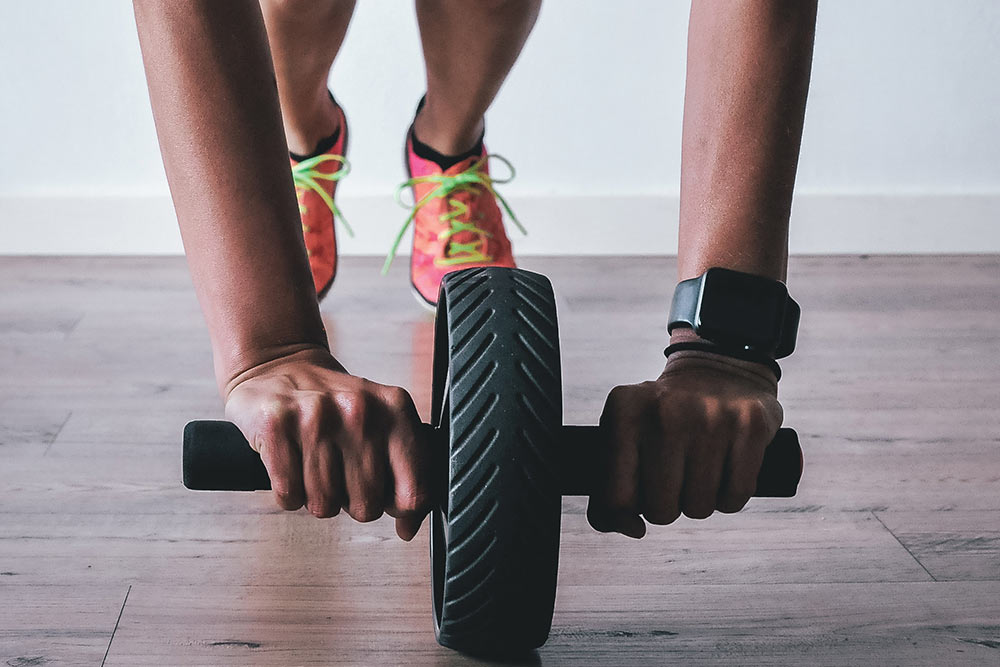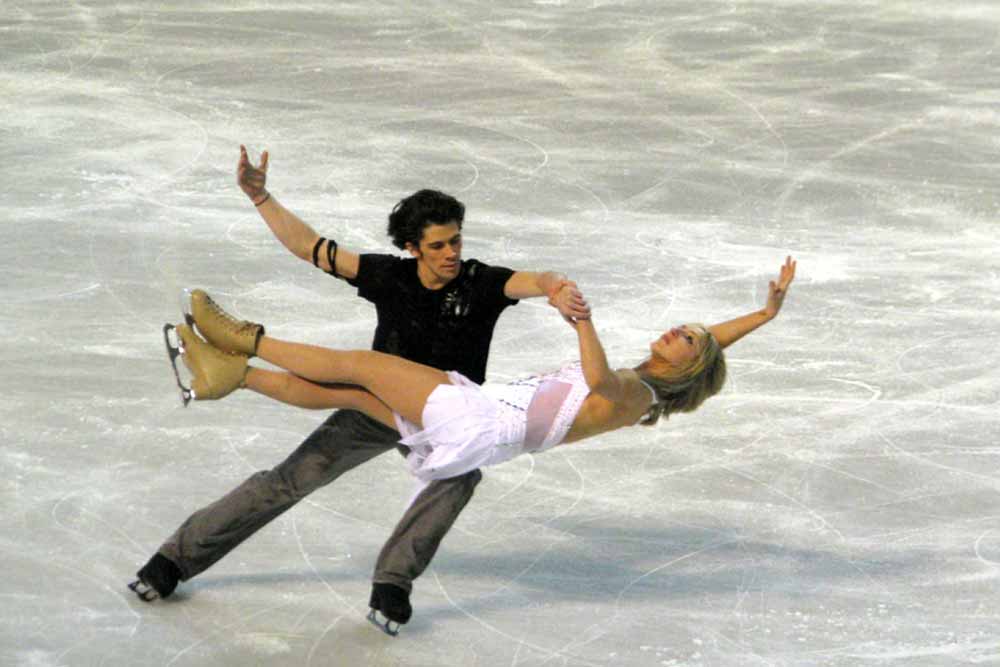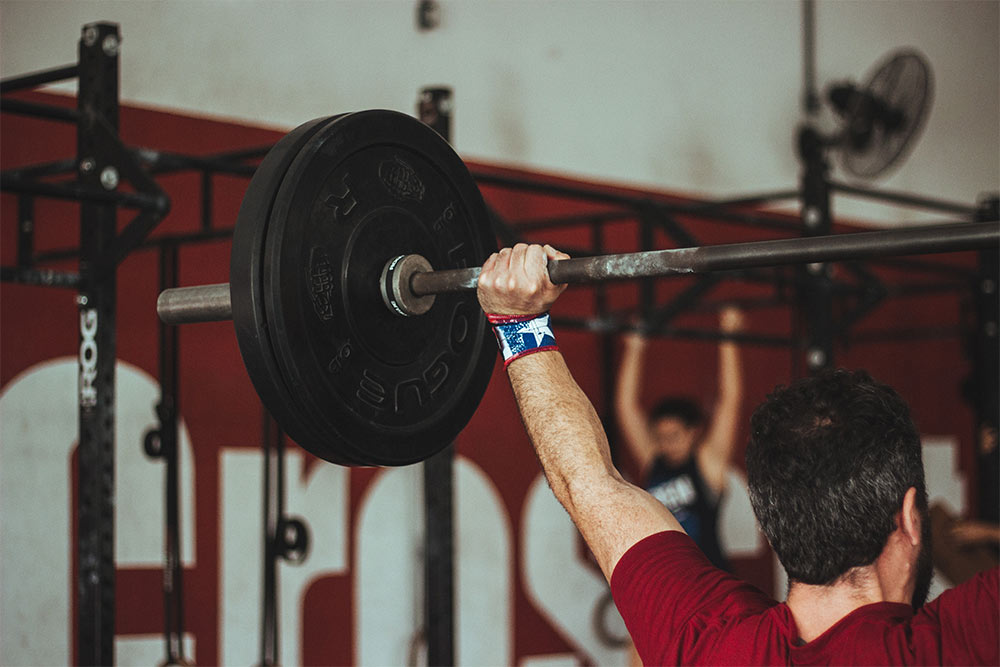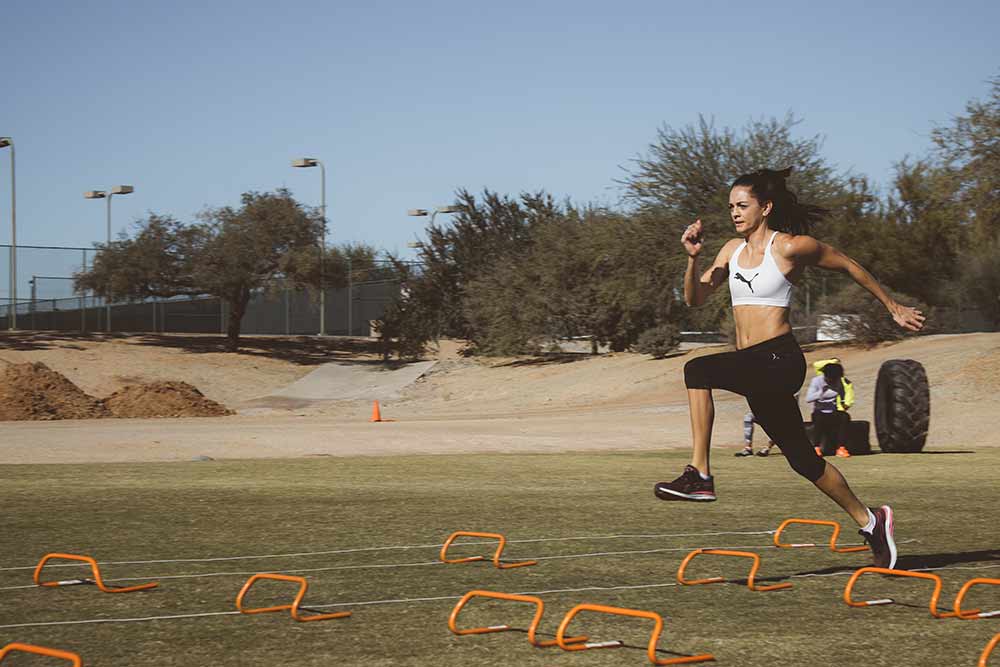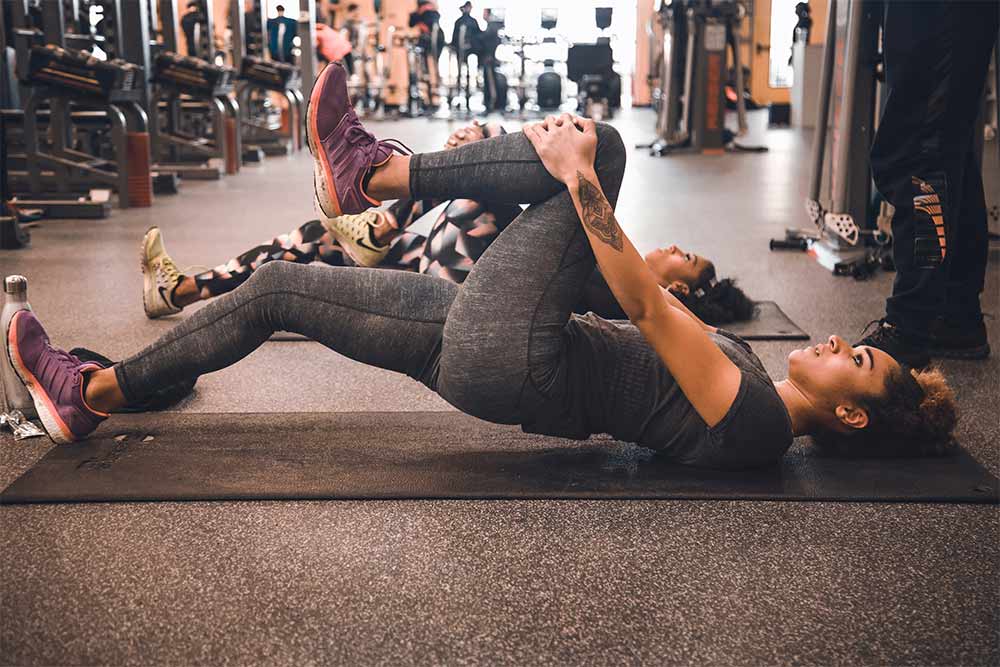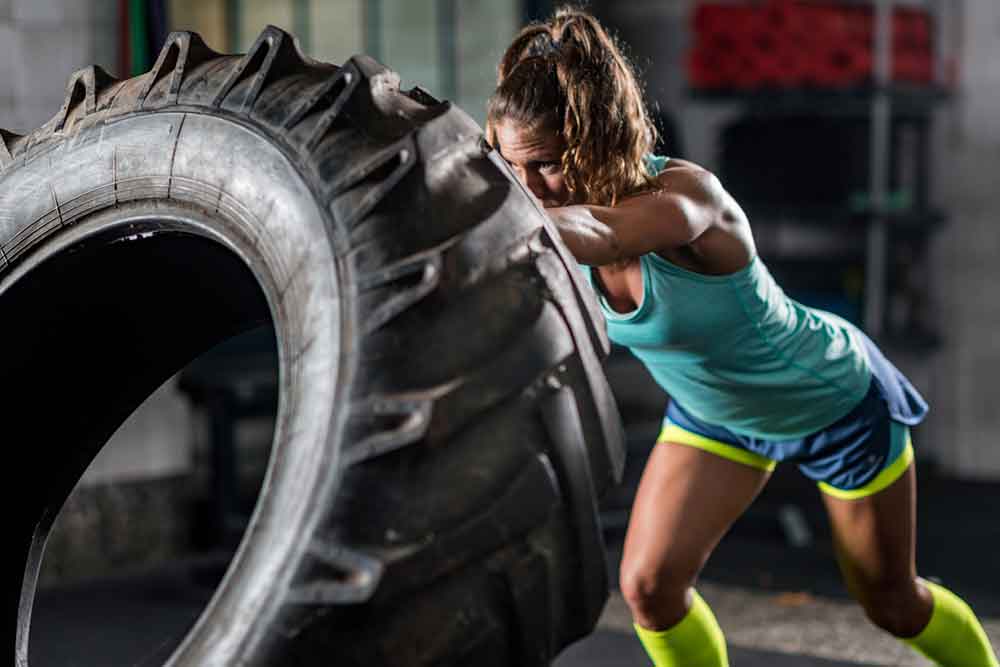Competitive-anxiety & Its Effect On Heart Rate In Swimmers
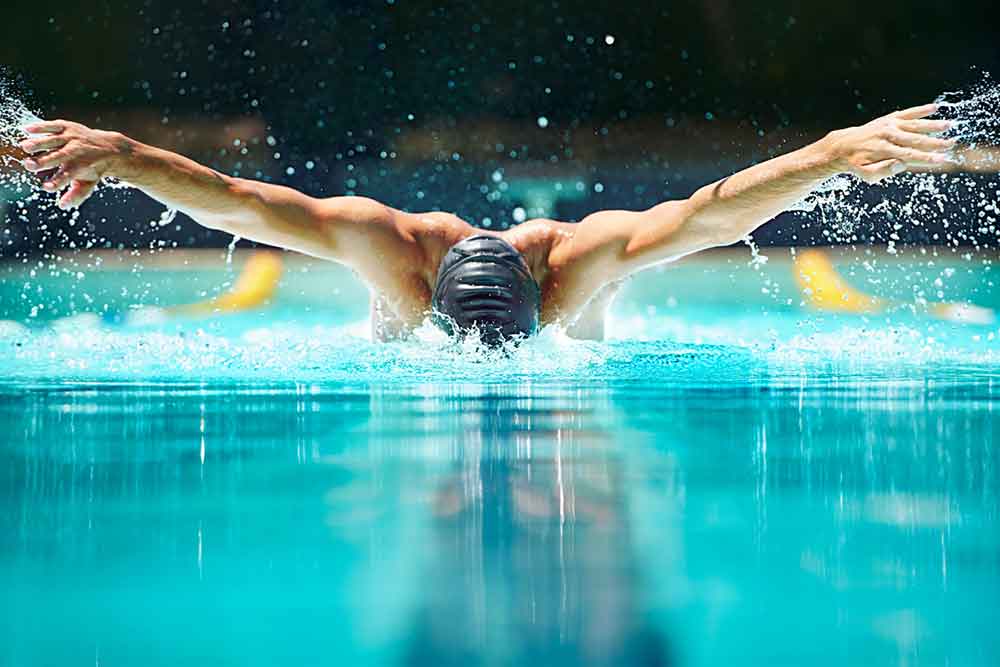
By Alyssa Bialowas
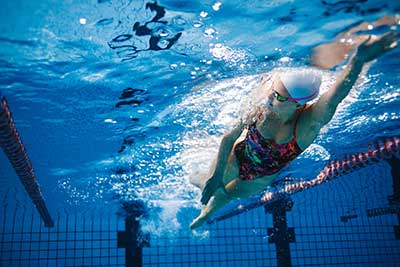 Competition has always been a natural driver in sport. Many athletes face a significant amount of pressure to win and perform their best, with consequences if they drop the ball. Swimming is an all-year round competitive sport that takes a lot of training and discipline. Indoor pools allow athletes to train and compete in all seasons, and winter training is crucial for maximum performance at events that happen year-round.
Competition has always been a natural driver in sport. Many athletes face a significant amount of pressure to win and perform their best, with consequences if they drop the ball. Swimming is an all-year round competitive sport that takes a lot of training and discipline. Indoor pools allow athletes to train and compete in all seasons, and winter training is crucial for maximum performance at events that happen year-round.
The pressure to compete can make an event feel like it’s life or death, so it’s no surprise that many athletes experience competitive-anxiety before they perform. A huge amount of pressure is put on athletes to do well, and especially in an individual sport like swimming, athletes hold that pressure all on their own. Without proper intervention to improve anxiety in athletes who are pressured to perform well, it can have a detrimental effect on them both mentally and physically.
Heart rate variability is the time interval between heart beats and measures the effects of stress on your body. Stress and anxiety go hand in hand, so it would be fair to hypothesis that high competitive anxiety would effect heart rate variability. But what types of anxiety effect heart rate variability and to what extent?
Related Article: Impact Of Competitive Sports On Female Athletes
The Study
A significant relationship has indeed been found between competitive anxiety and heart rate variability. Fortes, et al. (2017) looked at competitive swimmers and their anxiety level and heart rate variability before and after a 400-m freestyle swim.
The study included athletes who swam the 400-m freestyle in the Brazilian Swimming Championships. 66 participants (41 male and 27 female) answered the Competitive Anxiety Inventory questionnaire and underwent anthropometric and heart rate variability measurements thirty minutes prior to the 400-m freestyle event. Three hours after the event, the athletes were measured for heart rate variability again.
The Results
To test the relationship between heart rate variability and competitive anxiety, multiple linear regression was performed in three blocks. Block one was cognitive anxiety, block two was somatic anxiety and block three was self-confidence.
Competitive-anxiety was found to have a significant effect on heart rate variability for the swimmers. A strong association was found with somatic anxiety specifically, however, no relationship was found with self-confidence. Both cognitive and somatic anxieties were associated with the heart rate variability of swimmers, and athletes high in these anxieties displayed more trouble with their autonomic nervous system.
Takeaways
Heart rate variability can be improved if the anxiety level of the swimmers is properly acknowledged and intervened with. More importance needs to be placed on the mental state of the athletes and the pressure put on them to perform well. Further research should examine a broader range sports to determine if competitive anxiety effects the heart rate variability of other athletes. This information could spur stronger physiological intervention for anxiety, which may be needed among competitive athletes as a whole.
Related Video: Swim Warmup Drills With The Holman Twins
You Might Like:
Can Caffeine Improve Sprint Time In Elite Swimmers?
A Review by Alyssa Bialowas Caffeine is an ergogenic aid, meaning it’s a substance that may improve performance and stamina. Elite athletes often use ergogenic aids to enhance their energy and execution. Sprint swimmers have...The Effects Of Altitude Training On Competitive Swimmers
A Review by Alyssa Bialowas Hypoxic training, also known as altitude training (training at heights above sea level), has been used for athletes in endurance sports to improve performance at sea level. Sport performance is...6 Ideas To Stay Active This Fall
Hank Shell Turkey Day has passed, and if you’re anything like me, you’ll spend the holidays in a cycle of binge eating and collapsing into a food coma, exercise be damned. Here in beautiful Telluride,...Competitive-anxiety & Its Effect On Heart Rate In Swimmers
By Alyssa Bialowas Competition has always been a natural driver in sport. Many athletes face a significant amount of pressure to win and perform their best, with consequences if they drop the ball. Swimming is...4 Alternative Activities That Mimic HIIT
Alyssa Bialowas Experts say that high-intensity interval training (HIIT) should not exceed 3-4 times per week to allow time for your muscles to recover and to prevent serious injury. Depending on the week, I am...Swim Workout From Masters Swimmers, The Holman Twins
Masters swimming twins, Mary and Sara Holman, 31, show one of their favorite swim workouts, the “Melvin.” These Forever Fit Science twins were 2nd and 3rd in the 800m freestyle 3000m open swim at the...References:
Fortes, L.S., da Costa, B.D. V., Paes. P.P., do Nascimento Júnior, J.R.A., Fiorese, L. and Ferreira, M.E.C. (2017). Influence of Competitive-Anxiety on Heart Rate Variability in Swimmers. Journal of Sports Science and Medicine, 16: 498-504.


